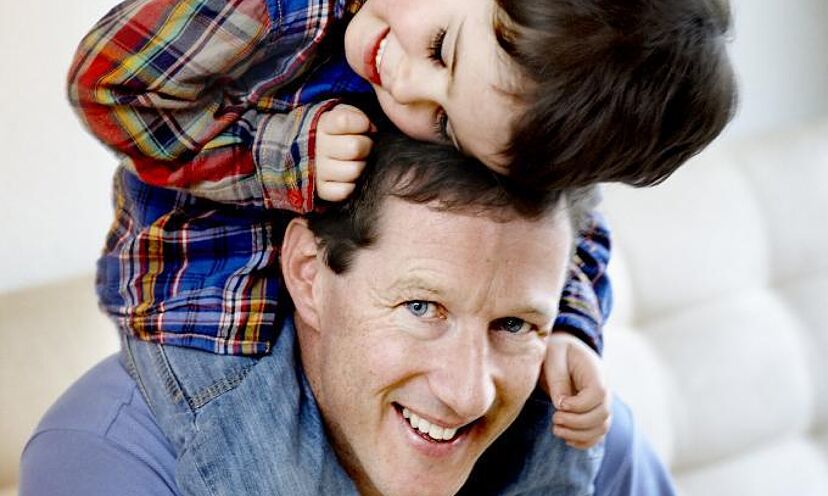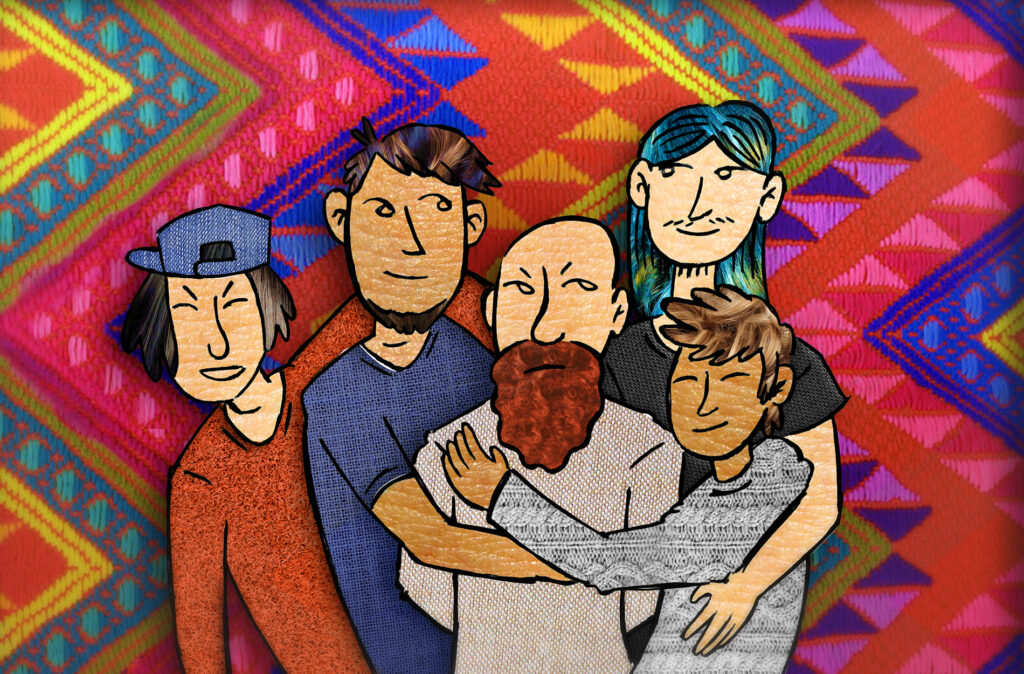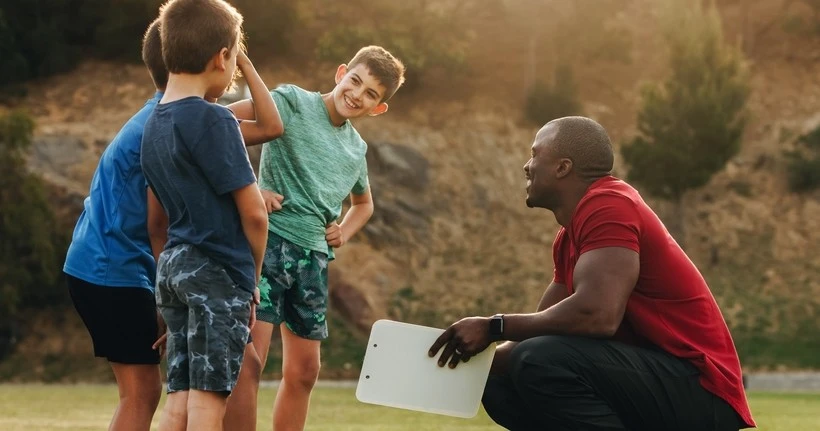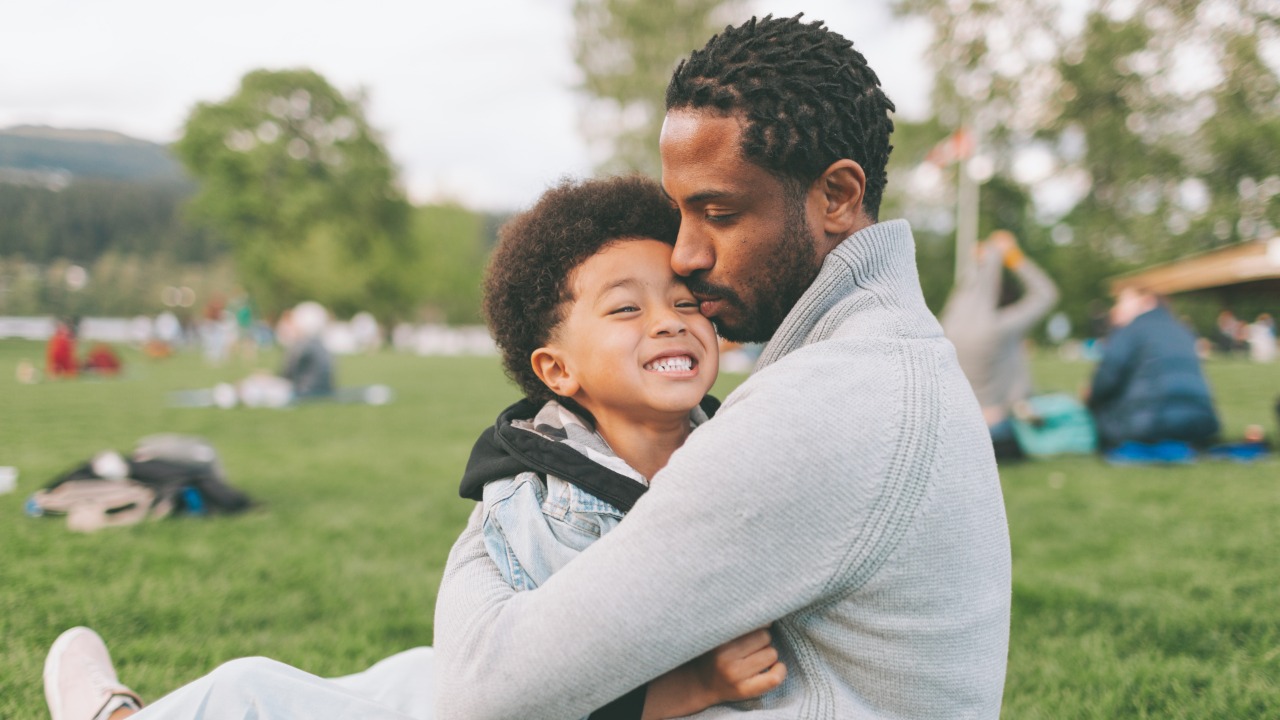
In our rapidly evolving world, traditional models of masculinity are being reevaluated, particularly in relation to childhood development. For decades, society has imposed rigid gender roles on boys, limiting their emotional expression and personal identities. Today, these outdated norms are being challenged by educators, parents, and the media, as they advocate for more inclusive models that foster healthier emotional growth and creativity. This article explores the evolution of masculinity in childhood, presents current research and data, and offers practical advice for bridging the gap between traditional expectations and modern realities. This approach ensures every child has the opportunity to blossom into their authentic self.
Historical Perspectives and the Evolution of Childhood Masculinity
Throughout history, the narrative of masculinity has been marked by dramatic transformations. In ancient civilizations, male roles were strictly defined by physical strength, authority, and stoicism. These traditional expectations left little room for emotional expression or vulnerability. Today, we see a significant shift as researchers, sociologists, and historians critically reassess these long-held views.
The rise of industrialization and modern education brought about a more structured approach to childhood, reinforcing gender stereotypes from an early age. Boys were often directed toward activities that celebrated aggression and competitiveness rather than emotional exploration. This perspective is now being reconsidered in light of new research that stresses flexibility and the benefits of a fluid approach to gender behavior.
Advancements in psychology and neuroscience reveal that childhood is a crucial period when gender identity is formed through a dynamic interplay of social, cultural, and personal influences. Evolving our understanding of childhood experiences is key to developing inclusive definitions of masculinity.
Impact of Early Socialization and Family Dynamics
Family and early social experiences play a pivotal role in shaping a child’s understanding of gender. From birth, children are exposed to societal expectations that influence behavior, interests, and even career aspirations. Early socialization has lasting effects that extend well into adulthood.
Historically, the father was seen as the disciplinarian and the mother as the nurturer, encouraging boys to adopt traits such as assertiveness and emotional restraint. However, modern families increasingly embrace egalitarian roles, with both parents actively engaged in child-rearing. This change supports a more balanced development, allowing boys to develop a richer and more versatile personality.
In many households today, open dialogues about feelings and vulnerabilities are becoming the norm, enabling boys to explore a broader emotional spectrum. This shift is supported by psychological studies that highlight the importance of diverse role models in healthy development. Parents and caregivers are encouraged to build supportive environments where boys can comfortably express both sensitivity and strength.

Parental Influence and Role Modeling
Parents lay the foundation for gender identity by modeling respect, empathy, and the acceptance of vulnerability. These early influences empower boys to integrate these values into their self-concept.
Positive role modeling redefines masculinity. Boys who experience resilience paired with empathy at home are more likely to develop a balanced and authentic sense of manhood.
Peer Interactions and Social Learning
As children grow, their peers increasingly influence their self-image and behavioral choices. While group dynamics can sometimes reinforce traditional masculinity, they also provide opportunities to challenge these stereotypes.
Participation in group activities that emphasize collaboration over competition helps boys understand that true strength lies not only in physical prowess but also in emotional support and mutual respect. Peer interactions thus become an important avenue for breaking down harmful stereotypes.
The Role of Education, Media, and Social Platforms
Educational institutions and media outlets are at the forefront of reshaping the concept of masculinity. Schools are integrating inclusive curricula that challenge traditional gender roles, and teachers are embracing methods that promote emotional literacy and empathy—key components for holistic development.
Media representations are evolving, showcasing a wider spectrum of masculine identities. Films, television shows, and social media now feature characters who balance strength with sensitivity and competitiveness with compassion. This diversification in portrayals offers young audiences alternatives to outdated stereotypes.
In today’s digital age, social platforms serve a dual purpose. They can both perpetuate old stereotypes and act as hubs for revolutionary ideas. Influencers and online communities foster discussions that challenge restrictive gender norms and encourage a more expansive view of masculinity.

Innovative Approaches and Future Directions
Responding to the call for change, educators, psychologists, and policymakers are pioneering innovative strategies to promote healthier models of masculinity in childhood. Approaches such as gender-neutral education, emotion-focused parenting programs, and community initiatives are challenging outdated frameworks.
These new models emphasize the importance of nurturing creativity, empathy, and resilience in boys. Programs that blend play with emotional education give children a supportive space to explore complex feelings, thereby fostering critical thinking and self-awareness.
One of the most promising aspects of these strategies is the collaboration among communities, educational institutions, and policymakers. By working together, these groups are creating ecosystems that embrace diverse expressions of masculinity and pave the way for a more balanced childhood.
Gender-Neutral Education Initiatives
Schools implementing gender-neutral curricula are discovering that children thrive in learning environments that encourage exploration rather than conformity. These initiatives, driven by dedicated educators and supported by recent research, are setting new benchmarks in education.
Eliminating gender bias from early education lays the groundwork for more equitable social interactions throughout life.
Community-Based Programs and Policy Innovations
Community programs worldwide are hosting workshops and interactive sessions that build emotional intelligence and counter traditional masculine norms. These activities promote sharing and mutual support, fostering a more inclusive environment.
Additionally, policy reforms are increasingly focused on incorporating mental health support and empathetic teaching practices. Governments and NGOs are investing in training for caregivers and educators, ensuring a unified approach to supporting modern expressions of masculinity in children.
Implications for Policy, Community, and Advocacy

Redefining masculinity in childhood has far-reaching implications that extend beyond individual development. Policy decisions, community initiatives, and advocacy work are all critical in creating a society that values and celebrates diverse gender expressions. Legislators are increasingly guided by research that highlights the benefits of inclusive models.
Non-governmental organizations and community groups play a vital role in translating academic insights into real-world practices. They organize workshops, provide vital resources, and stimulate public discussions that encourage parents and caregivers to adopt alternative views of masculinity.
Ultimately, embracing new models of childhood masculinity is essential for building communities that support the mental and emotional wellbeing of every individual. As societal definitions evolve, policies and cultural narratives must also adapt to foster environments where each person can thrive.
Contenido Adicional
In today’s global context, where technology and media are evolving rapidly, the discussion around childhood masculinity has gained significant traction. Innovations, whether they emerge from Silicon Valley or community centers in small towns, provide clear evidence that embracing broader definitions of masculinity yields numerous benefits. For example, higher emotional intelligence is linked to improved academic performance, stronger interpersonal relationships, and greater resilience in adversity.
The term ‘toxic masculinity’ has sparked intense debate in social news and online platforms. Progressive models not only criticize the negatives of rigid gender roles but also highlight the transformative potential of alternative narratives. By integrating these new perspectives into educational curricula and parenting practices, communities can break cycles of prejudice and nurture lasting emotional health.

Furthermore, ongoing studies underscore the importance of diverse mentors and role models who embody both strength and sensitivity. Research shows that when boys are exposed to varied representations of masculinity, they are better prepared to navigate a world that values multidimensional human expression. International organizations and research institutions are pooling resources to ensure that policies remain aligned with the latest scientific and cultural insights.
Recent global conferences have reiterated the need to reshape discussions about gender from early developmental stages. As technology enables faster exchange of ideas and cross-cultural collaboration, what started as a localized debate has grown into a worldwide movement. Advocates call for unified action—a shift toward comprehensive educational and social reforms that resonate across multiple levels.
Throughout this article, we have seen that transforming childhood by embracing new models of masculinity is not merely theoretical—it is a tangible pathway to nurturing emotionally resilient generations. By integrating historical insights, shifting social dynamics, educational reforms, and innovative strategies, we uncover opportunities to redefine masculinity in empowering ways. Challenging long-held stereotypes and adopting evidence-based frameworks can empower children to express a full spectrum of human qualities. It is essential for parents, educators, policymakers, and communities to unite in creating environments where every child can define their own identity. The future of masculinity depends on our willingness to adapt, learn, and evolve.